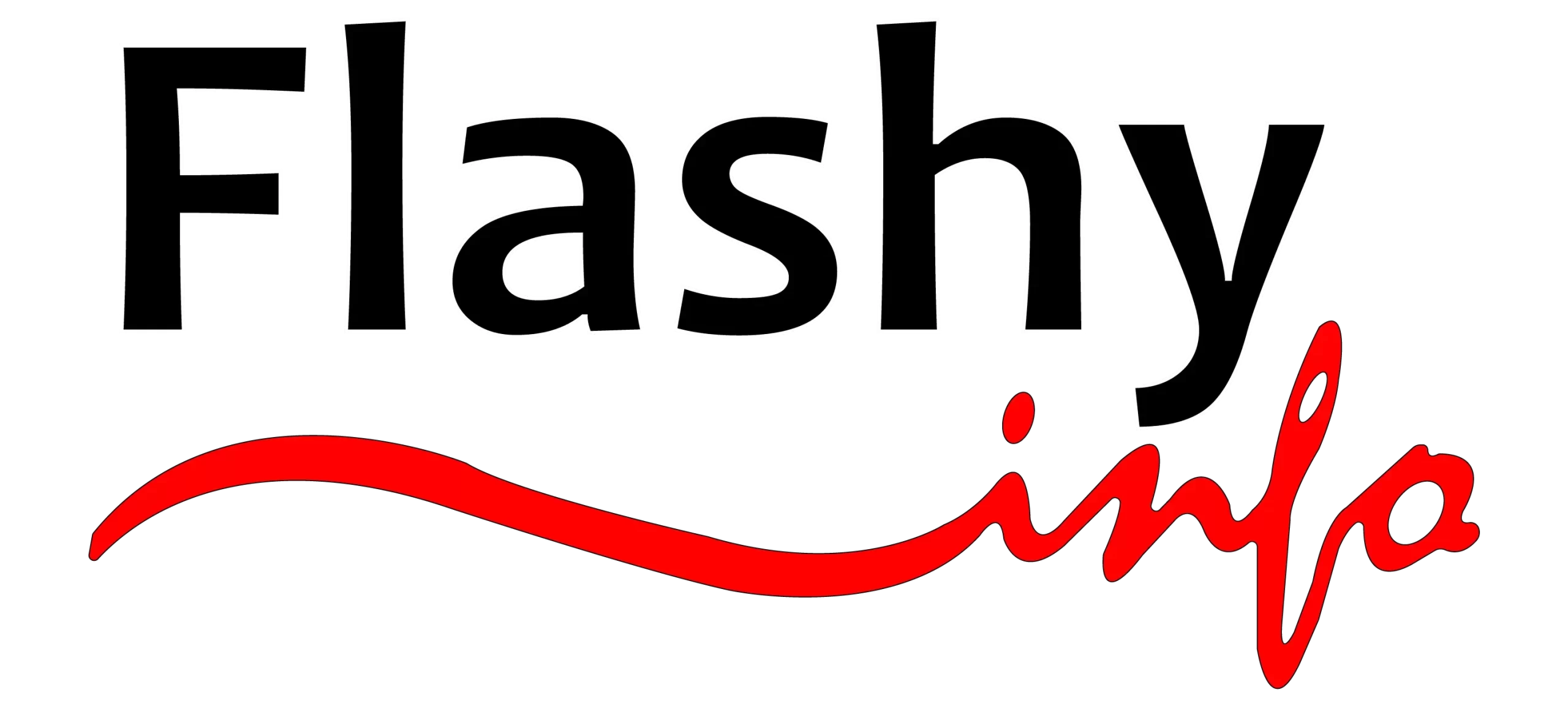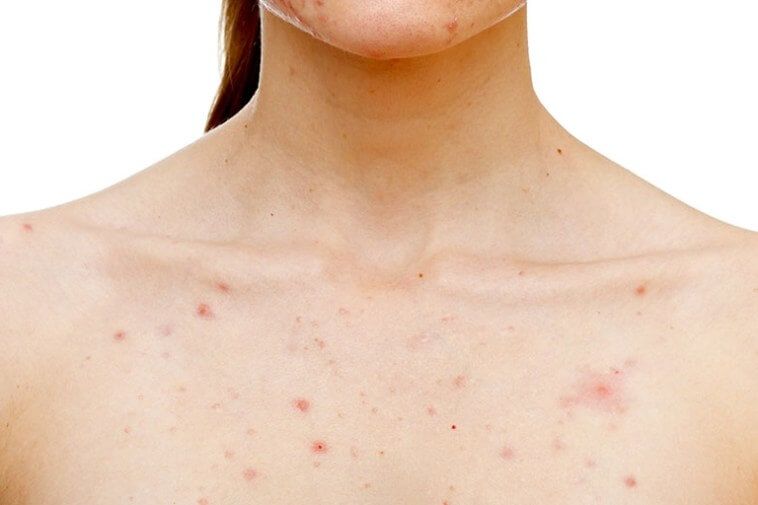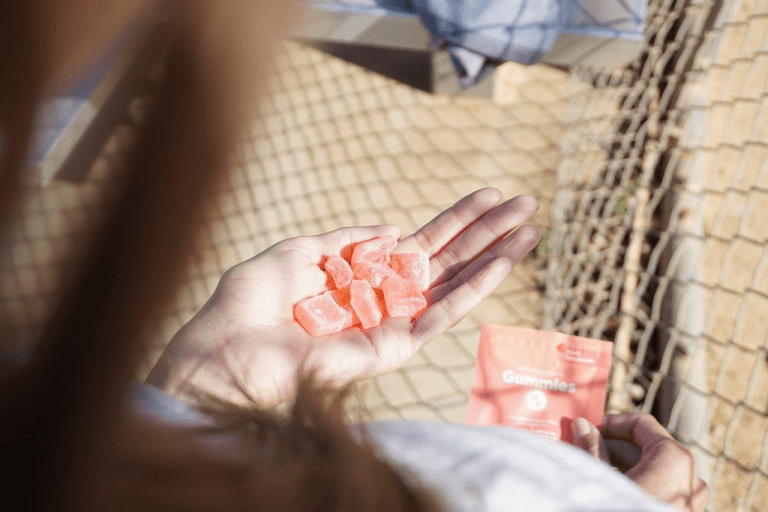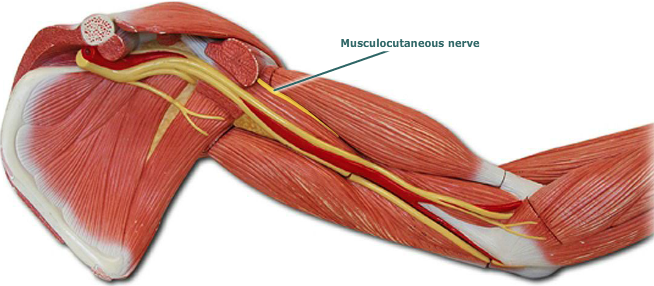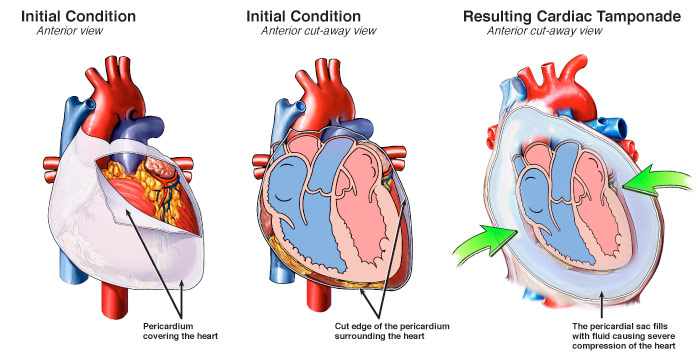Typical Acne Medications Can’t Cure Fungal Acne
Fungal acne is often incorrectly referred to as a skin infection called Malassezia, or “thrush.” This common misconception is caused primarily by a lack of understanding of the causes of acne in the first place. Fungal acne actually refers to a very common type of skin infection – the skin condition known scientifically as acne. Fungal infections of the skin are caused by a specific yeast living in your pores, as well as your hair. It is this yeast that causes the annoying symptoms of acne known as acne.
Cause
Acne can be caused by a number of different factors, including genetics, hormones, diet, stress, and other topical and internal factors. You may have been born with an underlying predisposition to developing fungal acne, as well as being under increased stress due to a job you hate, a relationship breakup, or other such events. These events can increase your body’s natural defenses to such infections by causing your body to release higher levels of chemicals such as histamines. When these chemicals enter your bloodstream, they attack cells in the body, and they can cause inflammation. Many times, this inflammation can lead to infection-causing bacteria.
Types
There are a few different types of fungal acne, with varying symptoms and causes. One of them is called whitehead or blackhead acne, and it usually appears on the nose, cheeks, chest and back. Red bumps appear near the acne and may include a small amount of pus. Whiteheads can be caused by a variety of factors, and they include overproduction of oil by your sebaceous glands, excess dead skin cells, bacterial infections and poor hygiene.
Treatment
You can treat fungal acne using topical treatments available at your local drugstore or online. These treatments include medicated pads, gels and lotions that you apply directly to the infected area. They come in various strengths and formulations, depending on the severity of your condition. Many of these products contain benzoyl peroxide, salicylic acid or sulfur, which work to eliminate excess oil, dry out the clogged pores and clear out the pore. However, before you use any topical treatments, you should ensure that you consult with your doctor. Dermatologists and skin care experts are the best persons to make recommendations based on your individual needs and circumstances.
Oral Medication
You can also take oral medications to get rid of fungal acne. The most common medications prescribed for this condition are oral antibiotics, such as tetracycline, doxycycline and minocycline. These medications kill off the bacteria that cause the pimples to form and reduce inflammation throughout the infected area. However, because these medications are taken into the blood stream, they have side effects that can vary from mild to severe. For instance, doxycycline can cause hair loss in people who take it, chest pain and nausea in pregnant women and can even result in electrolyte imbalance in some people.
One of the more unusual types of fungal acne that can also be very difficult to treat is malassezia dermatitis. This infection is caused when a special kind of yeast called malassezia finds its way into the body where it flourishes and causes infection. Unlike other forms of this fungal infection, malassezia often affects the skin surrounding the mouth and nose. The main characteristic of this type of infection is that it results in a thickening of the skin in the nose and mouth corners, which can make it very painful.
Antifungal Medication
If you have any symptoms of fungal acne, such as a noticeable redness or swelling near your mouth or on the eyelids, it is important to visit a dermatologist right away. A prescription for antifungal medications can help you get rid of the symptoms quickly, but in most cases there will be no need for surgery. Your doctor will be able to determine if you need to undergo surgery or if there are less invasive treatments that can help resolve the problem.
You should also keep an eye out for other types of unusual bumps that may seem similar to the typical acne. These include whiteheads, blackheads, pustules and cysts. If you notice any of these signs, you should visit a dermatologist as soon as possible. Antifungal treatments are available and your doctor may choose to treat your fungal acne with one of these medications or another type of treatment. Your doctor can discuss these options with you, so you can make an informed decision.
